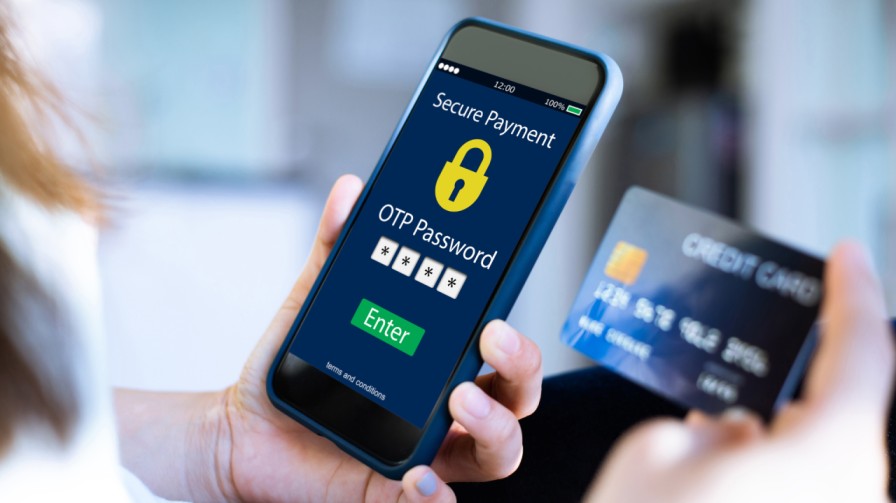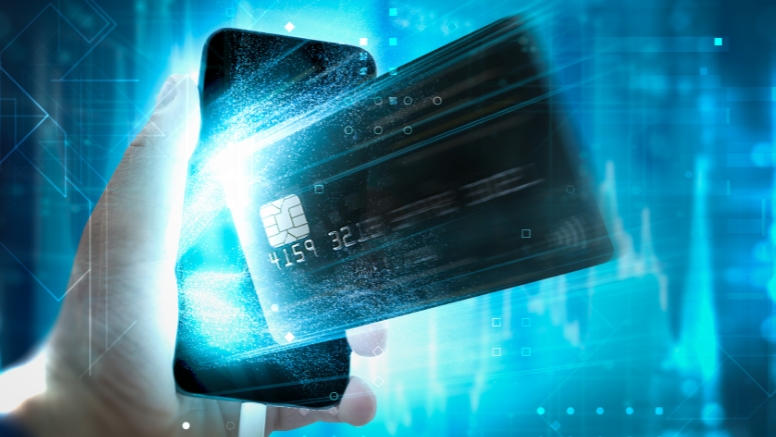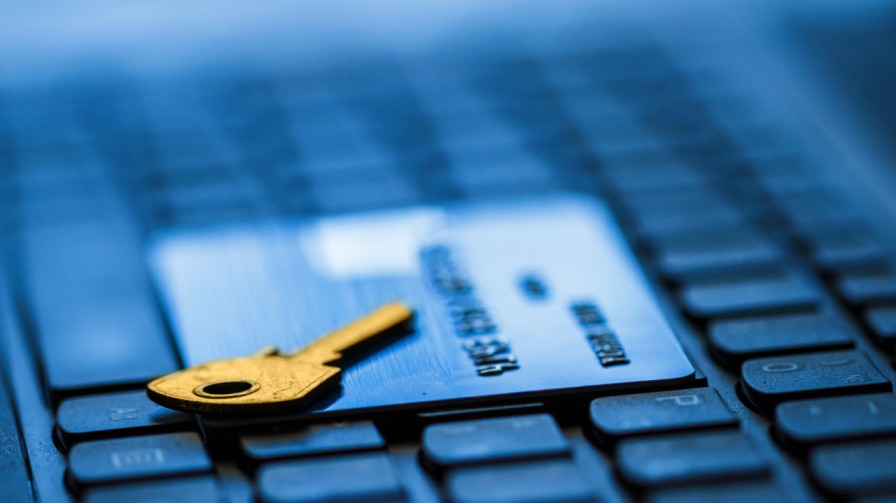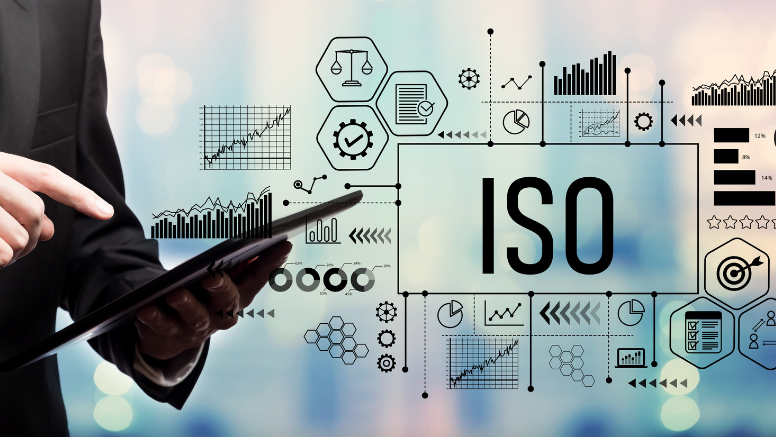
Information security concerns are unavoidably sparked by the use of cloud environments. Users anticipate that the information they store—including sensitive, private, and customer information—will be kept secure. They want to carefully select a service provider so that they can rest easy knowing that their data is safe. As a result, it is envisaged that SaaS companies would be successful, reliable, and provide security measures.
The widely used international standard on information security management systems, ISO 27001, can be useful in this situation. Clients are reassured that the SaaS provider takes security and compliance seriously by the implementation of sufficient ISO 27001 procedures. There is a considerable likelihood that potential clients won't even shortlist a SaaS provider if it lacks ISO 27001 certification.
The following reasons that ISO 27001 accreditation benefits SaaS Companies:
- Delivers systems and applications that are architected to be reliable and extremely secure.
- By utilising the concepts of confidentiality, integrity, and availability, allows its users the freedom to own and control their data.
- Complies with service-level agreements, ensuring the continuation of services and business
- Outlines laws and other rules relating to information
The advantages of ISO 27001 for a SaaS Companies
In addition to denoting trustworthy recognition, ISO 27001 for SaaS guarantees effectiveness inside a business, boosting customer retention and attracting new clients. Because of the following reasons, more SaaS organisations are attempting to get a competitive edge over their rivals by showcasing their dedication to data security:
- Since they provide well-designed, trustworthy, and highly secure systems and apps, many businesses view ISO 27001 as a fundamental security criteria when choosing their SaaS vendor.
- By implementing the principles of confidentiality, integrity, and availability, SaaS with ISO 27001 certification gives its users ownership and control over their data.
- The risk management strategy of ISO 27001 enables SaaS providers to uphold their service-level agreements, ensuring SaaS customers' access to services and business continuity in the event of an incident or disruption.
- Identification of laws and other information-related legislation is required by ISO 27001. In order to give their clients peace of mind that their supplier is not exposed to any legal risk, ISO 27001-certified SaaS firms take this into consideration while creating their systems.
Certification criteria for ISO 27001 for SaaS Companies
A SaaS organisation must put in place a security framework and safeguards before applying for certification they are done in the 16 steps outlined in the following article: Checklist for implementing ISO 27001 The SaaS company will be qualified for the initial certification procedure after completing the implementation's final steps, internal audit(s) and management review(s), and initiating corrective actions.
How is client data protection ensured by ISO 27001 certification?
As previously noted, ISO 27001 provides a list of security measures that guarantee client data is safe. The following 14 sections are used to group these controls:
- A.5 Information security policies: Policies instruct staff members and other parties about the key security principles and the goals an organisation hopes to accomplish with an information security system.
- A.6 Organization of information security: Everyone will be able to understand their obligations and prevent conflicts in an organisation with well defined security positions. Additionally, establishing guidelines for using mobile devices and teleworking will lower the likelihood of violations.
- A.7 Human resource security: Ensure that the organisation employs only dependable personnel who receive regular training and are aware of their obligations.
- A.8 Asset management: Infrastructure, contracts, and database assets should all be categorized in an inventory and monitored for usage and any changes.
- A.9 Access control: Make sure that permissions on who may access what information and how are handled in a secure manner because different customers or users will require different responsibilities.
- A.10 Cryptography: SaaS data encryption is crucial because it ensures that data is protected from hackers and prying eyes while it is in storage or in transit. The best method to ensure data security is to use SaaS services that adhere to the necessary data encryption standards.
- A.11 Physical and environmental security: It is essential to safeguard workspaces, rooms, and equipment. When choosing safeguards, one must take into account the location of the workplace, natural disasters, hostile assaults, cabling security, and equipment maintenance. SaaS businesses must have entrance limitations and safeguards against illegal access to information. Even small businesses with remote workers must have guidelines protecting their laptops, smartphones, thumb drives, and screen-clearing procedures.
- A.12 Operations security: SaaS organisations must make sure they have enough capacity and the flexibility to make changes as necessary in order to fulfil client demand. Malware defence, backup administration, and recording of admin and user activity as well as security events are further operation security controls.
- A.13 Communications security: In order to safeguard the data included in systems and apps, SaaS providers must monitor and regulate networks. SaaS applications must be protected by technical measures such firewalls, endpoint verification, network segregation, hosting, non-disclosure agreements, third-party extensions, and libraries.
- A.14 System acquisition, development and maintenance: There should be specified guidelines that are applied to software and system developments within SaaS companies. Tests must be run to ensure everything is in order before going live.
- A.15 Supplier relationships: SaaS organisations should only work with vendors who are aware of their security responsibilities.
- A.16 Information security incident management: Prior to an issue occurring, SaaS organisations should build an incident management and response plan.
- A.17 Information security aspects of business continuity management: When it comes to avoiding scenarios that will inevitably disrupt corporate operations, preparation is essential. The organisation will maintain control and lower disruption, damage, recovery time, and costs by defining important tasks and creating step-by-step procedures to resume regular operations.
- A.18 Compliance: Laws and regulations must be followed by any corporate entity. SaaS businesses need to pay close attention to laws governing technical compliance, intellectual property rights, and privacy.
What role does ISO 27001 certification play in SaaS enterprises gaining market share?
For SaaS businesses looking to gain international recognition and gain a competitive edge in a field that is expanding quickly and where security is the biggest problem, ISO 27001 is a fantastic place to start. Therefore, acquiring a new client will be considerably simpler if a SaaS company receives ISO 27001 accreditation.

 +91 9594449393
+91 9594449393 +1 4847906355
+1 4847906355 +63 9208320598
+63 9208320598 +44 1519470017
+44 1519470017 +84 908370948
+84 908370948 +7 9639173485
+7 9639173485 +62 81808037776
+62 81808037776 +90 5441016383
+90 5441016383 +66 993367171
+66 993367171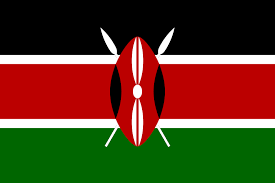 +254 725235855
+254 725235855 +256 707194495
+256 707194495 +46 700548490
+46 700548490